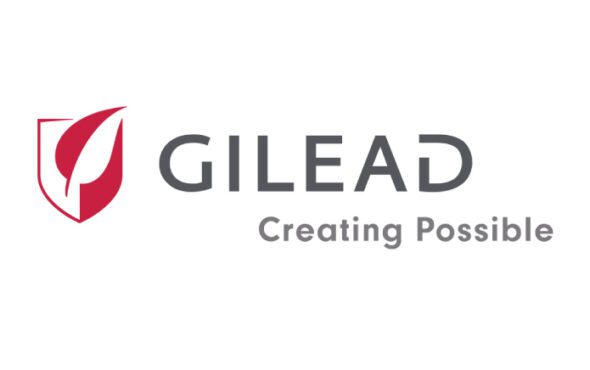
Gilead Sciences have partnered with a coalition of LGBTQ+ organisations to create a new public education campaign for the ongoing monkeypox outbreak.
Over the last few months, countries worldwide have been inundated with a growing number of monkeypox (MPV) infections.
Alongside the steady increase in cases, misinformation regarding the virus has begun to negatively impact the LGBTQ+ community.
Since the virus emergened in places like Europe, the UK and the US, false claims of monkeypox only affecting gay and bisexual men have run rampant on social media and conservative news outlets.
While data has shown a higher number of cases in men who have sex with men, scientists have stressed that it’s not a sexually transmitted infection and anyone could contract monkeypox.
In an effort to combat the harmful stigmas and misinformation, Gilead Sciences have teamed up with GLAAD, the Human Rights Campaign, the National Black Justice Coalition (NBJC), the National Center for Lesbian Rights (NCLR), and the National Minority AIDS Council (NMAC) to create a global response to the ongoing outbreak.
On 9 August, Gilead pledged up to $5 million to support a “public education and vaccine hesitancy communications campaign, a public policy response, and a global outbreak emergency fund”, as reported by GLAAD.
As a result of the generous pledge, grants of up to $50,000 will be given to existing Gilead grantee organisations in active MPV outbreak regions to create more educational programs and resources concerning the outbreak.
We’re collaborating with @GLAAD, @HRC, @NBJCOnTheMove, @NCLRights & @NMACCommunity to address #monkeypox, which disproportionately affects the LGBTQ+ community. We’re supporting education and a public policy response & creating an outbreak emergency fund: https://t.co/EbYQgLQ47f pic.twitter.com/HWl5wHUqTr
— Gilead Sciences (@GileadSciences) August 9, 2022
“As we saw with HIV, COVID-19, and now MPV, disinformation continues to challenge the LGBTQ+ community,” said Sarah Kate Ellis, GLAAD’s president.
“This new collaboration will enable creating and distributing content and resources to help our community know the facts and to understand prevention and treatment for MPV.
“When communities receive accurate, timely information, they are empowered to take appropriate action, leading to long-lasting, positive health outcomes.”
Imani Rupert-Gordon, who serves as the Executive Director of NCLR, echoed similar sentiments in an additional statement.
“There has been a lack of accurate information about MPV and that has and will continue to negatively and disproportionately hurt the health and well-being of the LGBTQ+ community, communities of color and people at the intersections of these underrepresented identities,” she said.
“We are seeing the number of MPV cases across the country increase and our community expects and deserves access to education and resources to help combat the virus, and feel safe in their communities.”
As of 11 August, the Centers for Disease Control and Prevention recorded 31,799 confirmed cases.
More information on monkeypox can be found here.



